Taiwan Semiconductor Manufacturing Company (TSMC) has withdrawn its offer for Toshiba's highly sought-after NAND flash memory business, leaving major Apple supplier Hon Hai in the driving seat to acquire the unit.
Hon Hai, also known as Foxconn, has offered up the highest bid so far, with almost 3 trillion Japanese yen ($30 billion) said to be on the table, according to Japanese paper Asahi Shimbun on Friday. Shares in Toshiba jumped 7 percent on the news.

Toshiba is said to have narrowed down the number of bidders for its semiconductor business, which it is seeking to sell in order to raise at least $9 billion to cover U.S. nuclear unit charges that threaten the conglomerate's future.
Out of the initial 10 interested parties one of which was reportedly Apple, the smaller group of bidders includes Western Digital, Korea's SK Hynix, U.S. investment fund Kohlberg Kravis Roberts & Co, and a combined partnership bid from Silver Lake Management and U.S. chipmaker Broadcomm. Media reports made no mention of whether Apple made the cut, making the prospect seem unlikely.
Japan's government could oppose a sale to Taiwan-based Foxconn because of the strategic value of Toshiba's technology to the national interest, according to sources who spoke to Bloomberg. Toshiba reportedly wants to encourage Japanese companies to participate in the bidding process, since none are in the current group.
The second round of the bidding war is expected to be held before the end of May, with the winner is expected to be announced in June before Toshiba's next shareholder meeting.




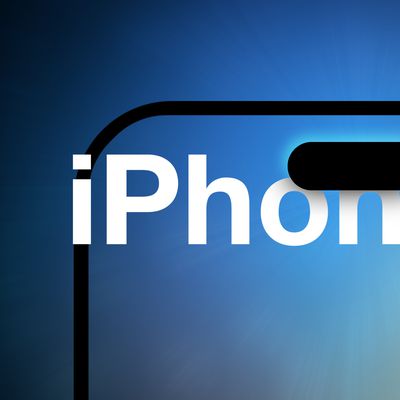

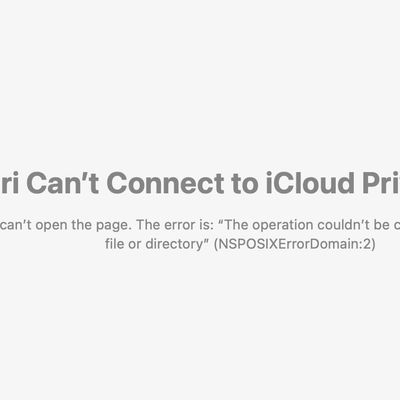
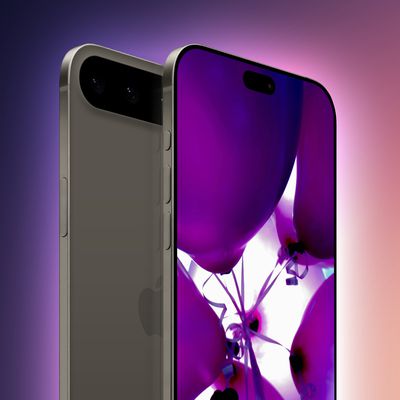








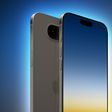

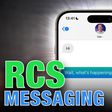
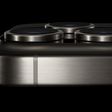

Top Rated Comments
Dell made all their own stuff originally, then started having a little subcontractor ASUS do more and more of their stuff (making circuit boards, then motherboards, some assembly...). It all made sense from a MBA perspective, saving money all along the way, but in the end DELL just became a money losing brand name shell that doesn't actually make anything - and ASUS is a respected PC manufacturer who makes everything. Foxconn isn't going to make its own Macs, but Apple needs to be careful about relying on them too much.